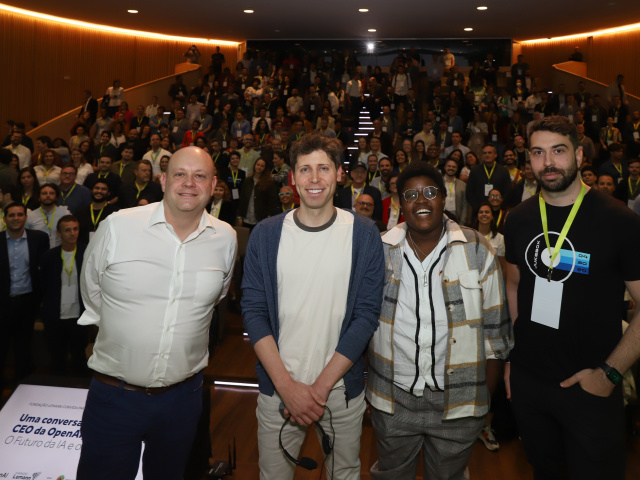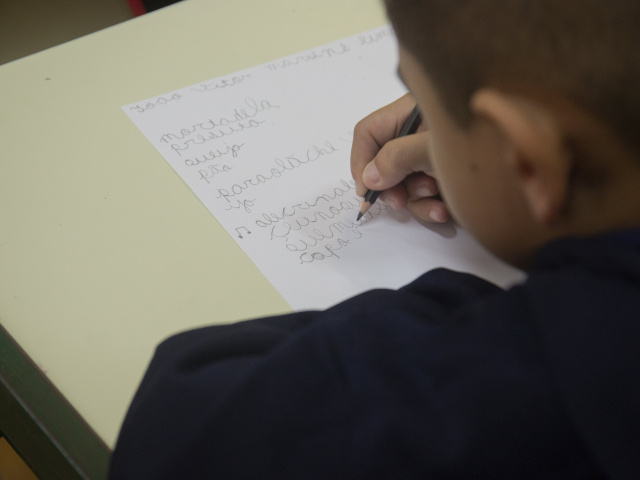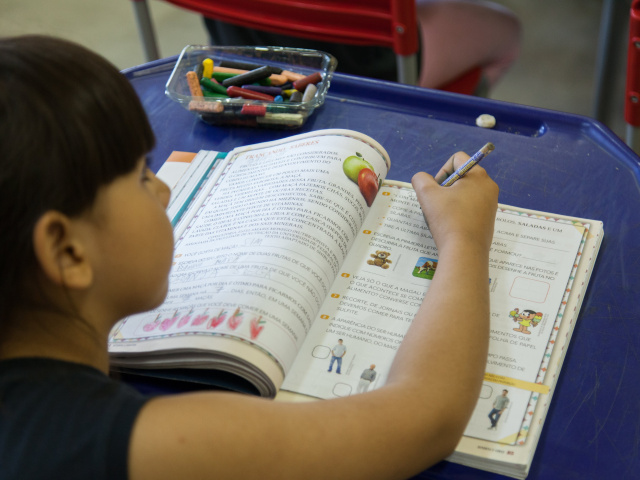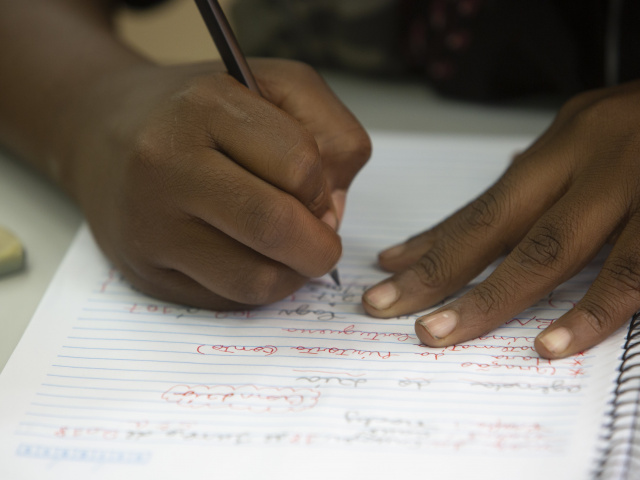The Charities Aid Foundation sat down with a discussion with Lemann Foundation CEO Denis Mizne last week to explore its efforts during the COVID-19 pandemic. CAF is a charity, bank, and champion for better giving, that’s been working for 90 years to help donors, companies, and charities make a bigger impact. You can listen to the podcast here.
The Vaccine
CAF opened the discussion by asking about the Lemann Foundation’s involvement in bringing a vaccine to Brazil and whether the effort fit with the foundation’s normal focus on education and leadership.
Mizne explained that when the pandemic broke out, the foundation’s immediate focus was its core area of education. “We wanted to make sure that when schools were closed, kids in public school could continue their education online,” which Mizne explained as a “big operation” because Brazil didn’t have the infrastructure or the digital habit for remote learning.
About two months after the foundation launched that effort, “we started to discuss what else we could do,” Mizne said. The leaders reached out to top experts around the world to explore how they could make the biggest impact on Brazil. The answer, he said, was "you should be working on vaccines."
The reason was that Brazil was "off the map" because it had not been participating in international forums on the vaccine. This was a "big risk" because it could mean Brazil would not have access to a vaccine even if one was developed, Mizne explained.
Clearly, this "was kind of pivot" because the foundation had not worked directly on health care or vaccine-related issues before. When the Foundation was approached by Oxford to conduct vaccine trials in Brazil, “we saw this as a call for action,” Mizne said, and the board made the decision in less than a day to fund the trial in Brazil.
The Factory
That led to the Foundation’s second major COVID endeavor—how to guarantee Brazil would have access to that vaccine if it was successful. And so it built a consortium of public, private, and non-profit organizations to develop a vaccine factory in Brazil that would be run end-to-end by Brazilians. Hundreds of millions of Brazilians will ultimately be inoculated with the vaccine, which was developed by Oxford and pharma company, AstraZeneca.
“In the middle of a pandemic, you simply need to jump,” Mizne said. “There are some risks you can avoid and others cannot be avoided at all.”
Mizne said they chose this vaccine not just because Oxford is a world-class institution, but because AstraZeneca pledged the vaccine would not be sold for profit as long as the pandemic lasted and because logistically the vaccine was more accessible to poorer countries because of its ability to be stored without high-tech freezers.
Taking Risks & Collaborating
Investing in a vaccine whose outcome was unknown was a risk, but the Foundation and its partners stepped in because it would have been very difficult for the government to approve funding for an unproven vaccine. A philanthropy could move fast and make a risky investment. “Because we are a family foundation, we have a flexible, agile, decision-making process.”
But even more than that, the foundation was helped by the decade-plus it had spent collaborating with the world’s top experts inside and outside Brazil. “It’s not possible to make a trial and build a factory just with money and the willingness to take risks,” Mizne said. “If it were not for the many, many experts at Oxford and the Federal University of Sao Paulo, and, the private sector expertise, and Fiocruz, a 100-year-old government institution, we would not have been able to make this happen.”
Asked if he thought this collaboration would continue after the pandemic, Mizne said, “I hope so. We are seeing encouraging signs.”
Interestingly, Mizne said one major realization many had during the pandemic was the realization that many of the intractable problems of public life don’t persist simply because of government ineptitude. “The reasons these problems are persistent is because they are super hard to solve,” he said.
In addition to this, the top talent has not necessarily been attracted to the type of professions dedicated to tackling these issues. “This is not just a Brazilian problem,” he said. “This is a problem all over the world...“especially in developing countries government work and bureaucracy is not valued.”
“We need to put brightest minds to solve them and we need to collaborate,” Mize said. “You have to build a network to solve it.”
The Lemann Foundation in a post-pandemic world
Asked if the Lemann Foundation would continue working in health care after the pandemic, Mizne replied “We're not going to have a health care pillar-like education in the sense we are really focused on systemically improving quality of learning every single student in Brazilian public schools.”
“It would be too much on our plate and we need to stay focused and recognize how hard it is already, the mandate we have,” he said.
However, the pandemic made clearer than ever, how critical the foundation’s leadership pillar is, he said. “A critical mass of leaders, people dedicating their lives tackling big social problems, we definitely see more and more value on that pillar”, he said. “Great people leading great institutions in all areas.
“We don’t know what the source of the next huge global problem is going to be,” he said. “Investing in the vaccine made us realize how important it is not to invest when a pandemic happening but in the generation of talented people going to make the decisions in science academic and government to make sure as a society in Brazil we will be more equipped to deal with those problems that will unfortunately certainly arise.”
So, he added, it’s not about doubling down on health care, but “doubling down on leadership capacity and dialogue and investing in centers of excellence that can look at different policy areas needed to deal with these huge-size problems.”
Listen to the podcast here.




